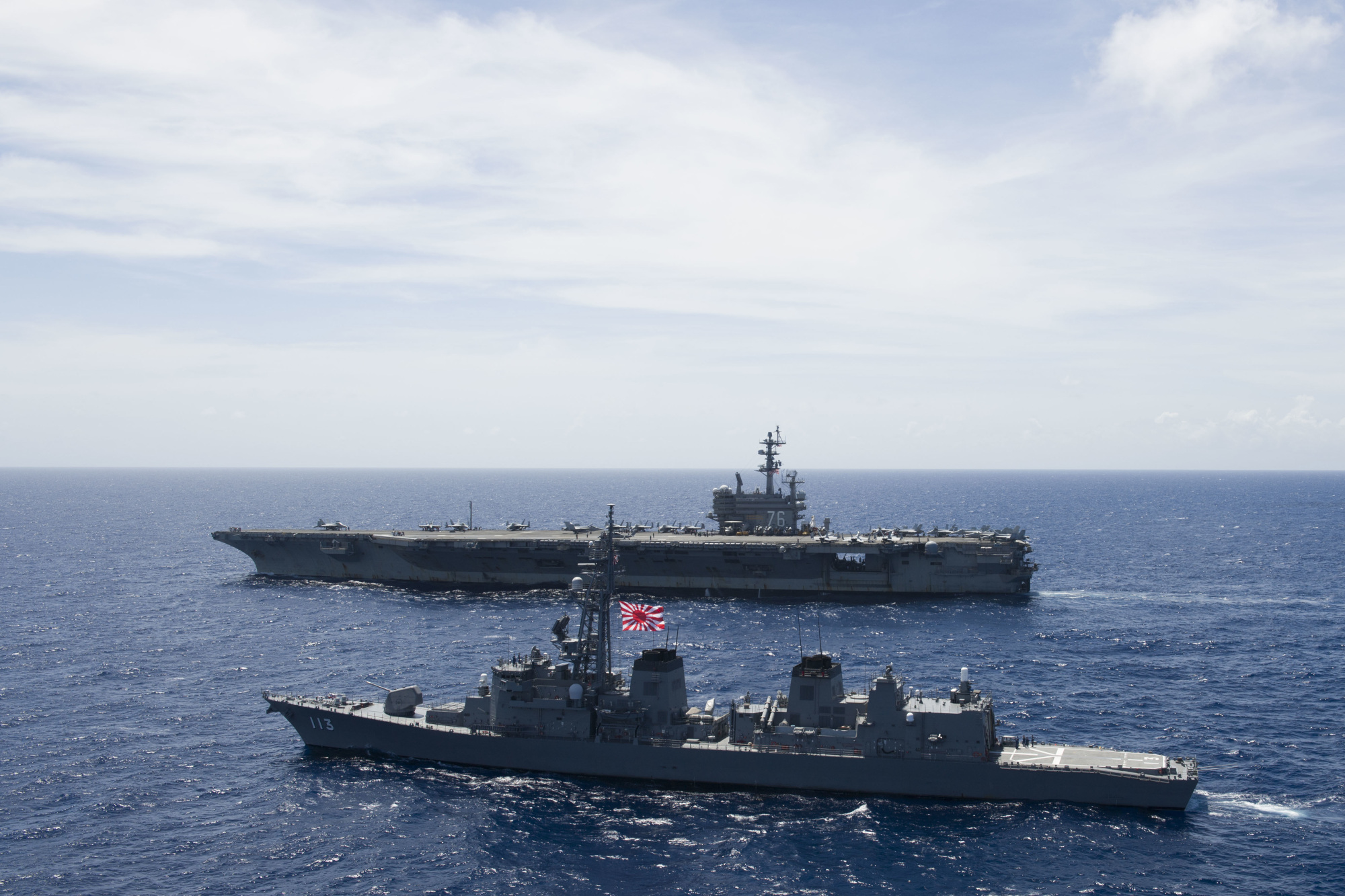The Indo-Pacific is emerging as the center of global power and wealth, with security dynamics changing rapidly in the region. The contest for regional influence pits America's new strategy for a "free and open Indo-Pacific" (FOIP) — a concept authored by Prime Minister Shinzo Abe — against China's "Belt and Road" initiative (BRI), which U.S. Vice President Mike Pence last weekend mocked as a "constricting belt" and a "one-way road."
As speculation grows that the deep-water commercial port China is building at Koh Kong in Cambodia could become dual-purpose docks, just as Pakistan's Chinese-controlled Gwadar port has acquired a strategic dimension, Pence at the Asia-Pacific Economic Cooperation summit announced that the United States will partner with its ally Australia to build a naval base on Papua New Guinea's Manus Island.
Two recent summits have also highlighted the changing power dynamics — between Chinese President Xi Jinping and Abe in Beijing, and between Abe and Indian Prime Minister Narendra Modi in Japan.



